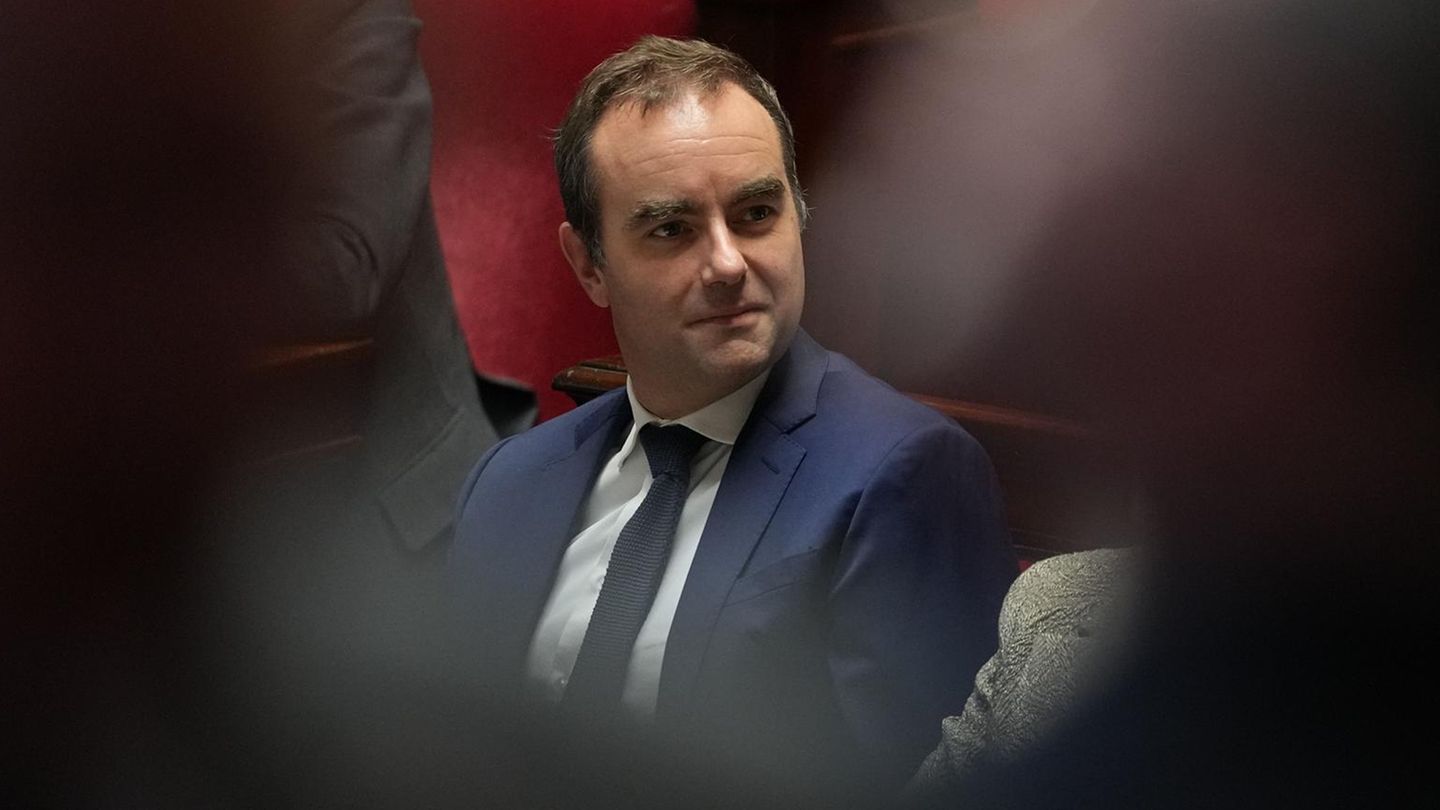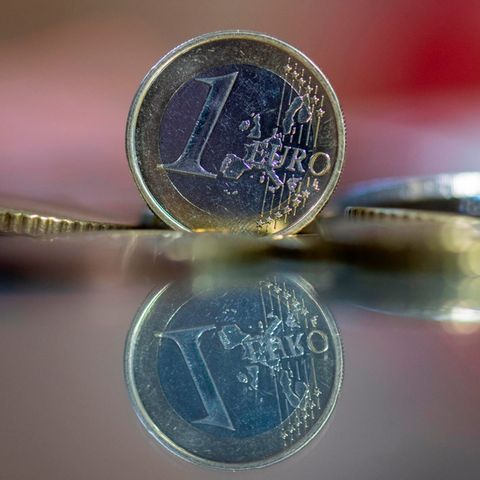Survived two votes
Overthrow of France’s government averted for now
Copy the current link
Add to watchlist
After turbulent weeks, there is a ray of hope for France’s government: it has survived two no-confidence votes. But one problem remains.
French Prime Minister Sébastien Lecornu and his center-right government have both survived no-confidence votes from the opposition. After the Left Party’s motion of no confidence, a separate initiative by Marine Le Pen’s right-wing nationalists failed to find a majority. Only 144 MPs voted for the Rassemblement National (RN)’s proposal. 289 votes would have been needed to overthrow the government.
The long-standing political crisis in France can thus calm down for the time being. The government and parliament can now begin the difficult discussions on an austerity budget that the prime minister presented on Tuesday. There will also be a new debate about reforming the pension system.
Prime Minister Lecornu makes concessions to the opposition
Lecornu announced on Tuesday that he would suspend President Emmanuel Macron’s controversial pension reform and secured the support of the Socialists with this concession to the opposition. They had called for the reform to be suspended and made it a condition for tolerating the new government. The conservatives had also promised Lecornu their support in advance.
The vote on the motion of no confidence was preceded by turbulent weeks in French politics. In the dispute over an austerity budget, Lecornu’s predecessor François Bayrou failed; he lost a vote of confidence at the beginning of September. Macron appointed Lecornu as prime minister, who resigned after just four weeks in office following an internal dispute, but was reinstated by Macron.
A successful new start for Lecornu is seen as Macron’s last chance to survive his second term in office, which runs until 2027, without an even more far-reaching loss of reputation. He came under increased criticism in the recent crisis. Parts of the opposition are calling for his resignation, and discontent has also spread within his own ranks.
France needs to get its money problem under control
An averted fall of the government could also open up the possibility that the heavily indebted country’s financial problems can now be addressed. To ensure that France does not end up without a budget for 2026 at the end of the year, Lecornu submitted a draft budget just before the deadline on Tuesday. This also gives business and investors confidence.
Measured in terms of economic output, France has the third highest debt ratio in the EU at 114 percent after Greece and Italy. The budget deficit was recently at 5.8 percent. Lecornu announced in his government statement that he wanted to reduce the deficit to 4.7 percent next year. The European Union opened an excessive deficit procedure against France in July 2024.
Even if the prime minister emerges stronger from the no-confidence vote, the political crisis in France would still essentially not be resolved. Since the early parliamentary elections in the summer of 2024, the National Assembly has been divided into several political blocs, each of which does not have a majority capable of governing, but which also does not form viable alliances and block each other. Coalitions like those in Germany are unusual in France. Lecornu called on the parties to compromise. “Our task is to overcome this political crisis we find ourselves in.”
DPA · AFP
cl
Source: Stern
I have been working in the news industry for over 6 years, first as a reporter and now as an editor. I have covered politics extensively, and my work has appeared in major newspapers and online news outlets around the world. In addition to my writing, I also contribute regularly to 24 Hours World.





